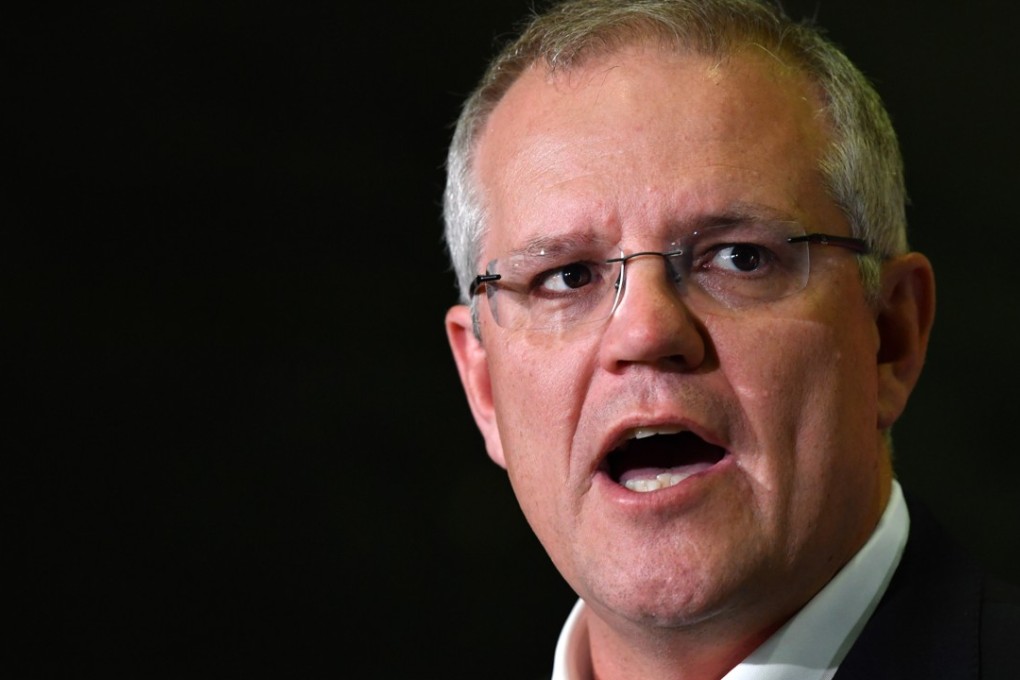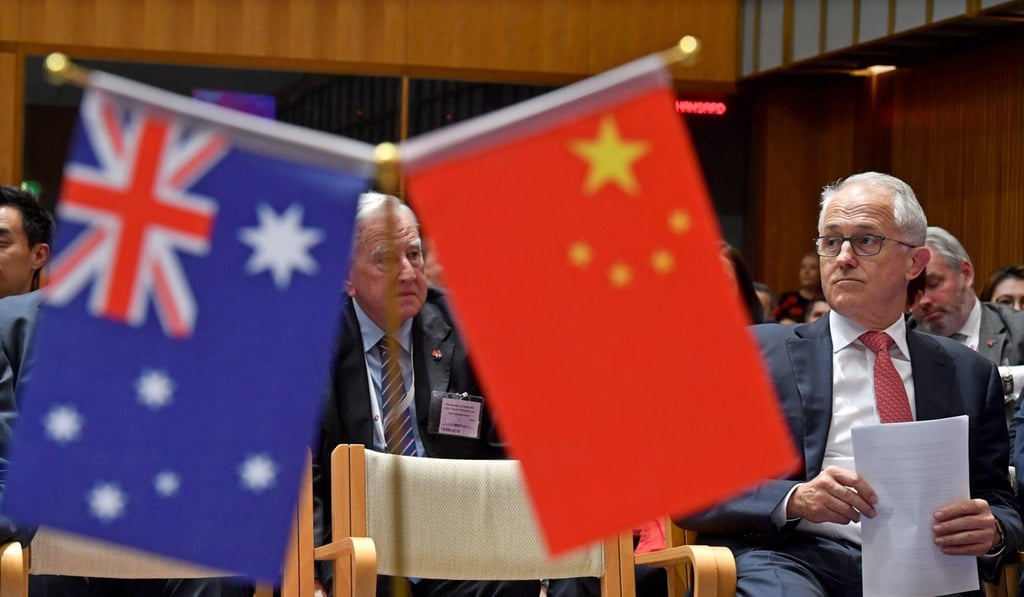Opinion | Australian PM Scott Morrison signals an end to Canberra’s policy ‘resets’ on China
- Australian leader’s speech to the Asia Society suggests he plans a more pragmatic foreign policy than was favoured by Malcolm Turnbull

While the Israel decision continues to resonate, alongside a pervasive political dysfunction that frustrates reliable predictions of long-term trend-lines in Canberra’s domestic or foreign policy, Morrison’s elucidation of a more complete vision of Australia’s international priorities in a speech to the Asia Society in Sydney suggests he will be a more conventional and pragmatic leader given more time to consider and consult.

While Morrison extolled the virtues of “the beliefs that guide” his Australia – a commitment to democracy, free and open trade and investment, and a strong regional US security umbrella among them – there appeared to be no desire to again explicitly criticise Beijing’s own lack of commitment to these.
Yet the story may not end there, with a more complete picture of the new Australian government’s position on China likely to result from discussions on the future of the bilateral Comprehensive Strategic Partnership flagged for later this month. Not beyond the realms of possibility here might be Canberra adopting something approaching Tokyo’s new model of simultaneously cooperating with and competing against some of Beijing’s plans for greater regional power and influence.
